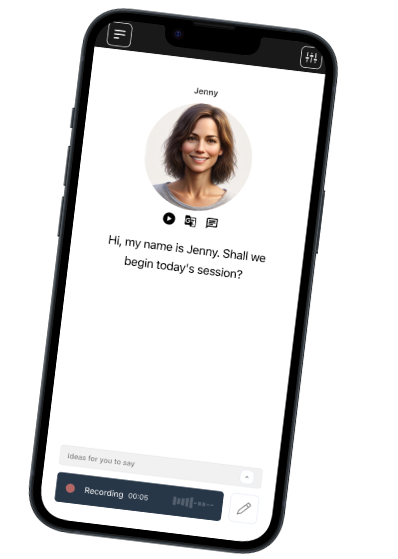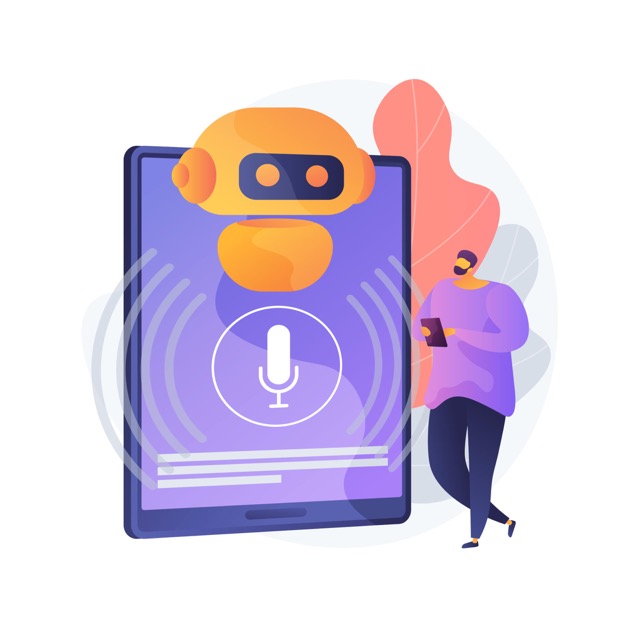Founded in Denmark. We respect your privacy.
Join a worldwide community of language learners
Mispronunciations to Mastery: How Detailed Feedback Accelerates Speaking Skills
Last updated on
You are mid‑sentence, feeling confident as your voice fills the room, then a subtle mispronunciation hangs in the air like a forgotten comma. What you meant was clear to you, but what reached the listener was not. This glitch is not just a slip‑up, it is a signal. In language learning, such moments reveal more than you might think. They show precisely where your spoken words are misunderstood.
You might believe that speaking more will fix the problem. But the breakthrough lies elsewhere. It is not simply about practice, it is about the type of feedback you receive when you stumble. When you hear why your “tree” sounded like “three”, or why your rhythm didn’t match your intention, your error becomes a catalyst for real change. According to experts, feedback that is targeted, timely and tailored can help learners notice and correct pronunciation issues that would otherwise fossilize.
So ask yourself: What if your mispronunciations were actually your fastest route to fluency? What if every mis‑sound, every hesitation, was simply a clue, pointing you to the next rung on a ladder, rather than a setback on the floor?
The Silent Barrier: Why Mispronunciations Go Unnoticed
Think of your voice as an instrument when one note is slightly off, you rarely hear it yourself. But your listener does. That’s the quiet challenge most language learners face: you can’t always hear what you mispronounce.
Research shows that second-language learners often lack the ability to perceive the same sound distinctions native speakers do (Escudero et al., 2015). Without someone or something to highlight those errors, they blend into your speech patterns, quietly reinforced every time you repeat them.
Over time, those small inaccuracies become habits. And habits shape confidence. When you are unsure whether you are being understood, hesitation creeps in, holding back fluency before it can grow. Awareness is not just the start of progress, it is the sound of it.
From Guesswork to Growth: What ‘Detailed Feedback’ Really Means
You have probably heard the phrase “close enough” more than once while learning a new language. But when it comes to pronunciation, close is not clear. Vague corrections like “try again” might keep the conversation moving, but they rarely move your skills forward.
Real feedback speaks in specifics. Start with accuracy, did you produce the right sound, or something nearby? Take the word three. If it comes out as a tree, that subtle slip in the “th” sound can carry meaning away. Next is completeness, was every part of the word there, or did something get dropped mid‑syllable? And finally, fluency, how naturally did it flow with the rest of your sentence?
When feedback covers all three, it does more than fix mistakes. It sharpens your awareness. Suddenly, you are not just speaking, you are hearing yourself differently. And that shift is where growth begins.
The Role of Repetition and Real-Time Correction
If pronunciation is a muscle, repetition is the workout and real-time correction is the mirror showing whether your form is right. Saying a word once and getting it wrong does not hurt your learning. Repeating it the wrong way, over and over, does.
When corrections come instantly, you can respond before the error sticks. You are no longer guessing what went wrong minutes or days or later. You are adjusting while the sound is still fresh in your mind and mouth. That kind of timing matters more than most people realize.
AI-powered tools now offer that immediacy without waiting on a teacher’s availability. Think of it like having a pronunciation coach on standby, one that does not miss a beat, does not skip the small stuff, and does not get tired of your tenth try at “rural.”
Why Confidence Grows with Precision
There is a reason some learners speak less than they know; they are not holding back knowledge, they are holding back uncertainty. You might hesitate before answering a question, not because you lack the words, but because you are unsure if those words will sound right.
That hesitation fades when feedback gets specific. It is not enough to be told, “That was good.” What builds trust is understanding why it was good. Was your rhythm natural? Was your vowel sound crisp? When the feedback is clear, your confidence starts to rely less on guesswork and more on awareness.
And with that awareness comes fluency, not from a memorized script, but from a voice you have tuned to feel right when you speak. You stop second-guessing, not because you are perfect, but because you know what is working.
Where Technology Fits: Smart Feedback at Scale
Not every learner has access to a personal tutor. Even when they do, the feedback might come too late or too general to make a real difference. This is where smart tools step in, not to replace human teaching, but to fill the quiet gaps between practice and progress.
Apps like use speech recognition and AI to provide real-time, personalized feedback on pronunciation. You speak, and within seconds, you see where you were accurate, where you paused, and where a sound slipped. You’re not left guessing. And what makes it work long-term? You can actually track your improvement, week by week, word by word.
If you’re curious how precise feedback feels in action, try a free one-week demo of Talkio. Or connect with our team to explore how this kind of training could fit into your language goals or organization.
Takeaway
A mispronunciation is not a dead end, it is a signal. One that, if you pay attention, points straight to what needs adjusting. When you are given clear, detailed feedback, those slips become stepping stones.
You stop guessing, start noticing, and over time, that awareness reshapes how you speak. Learning to communicate clearly is not about perfection, it is about progress you can feel and hear.
So the next time your tongue trips over a word, pause. That moment might be the most useful one in your day. It’s not the error that matters most it is what you choose to do with it.
Talk Your Way
to Fluency

Talkio is the ultimate language training app that uses AI technology to help you improve your oral language skills!
Try Talkio


